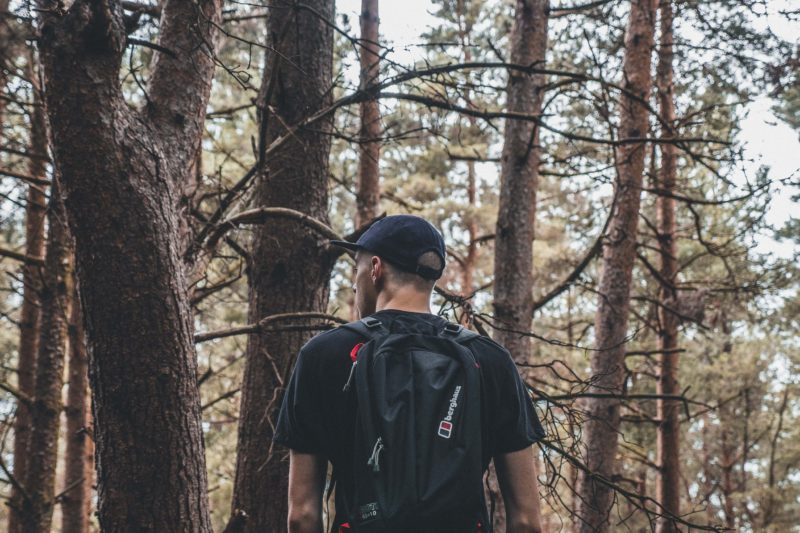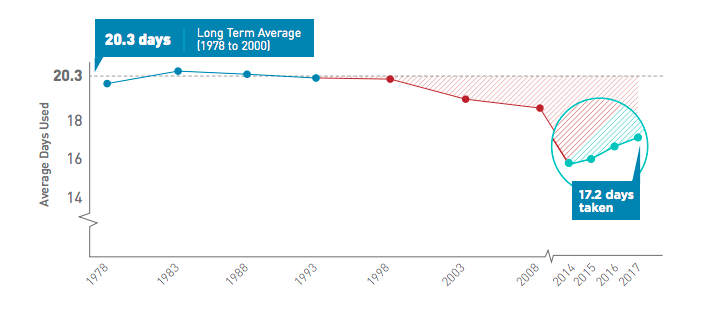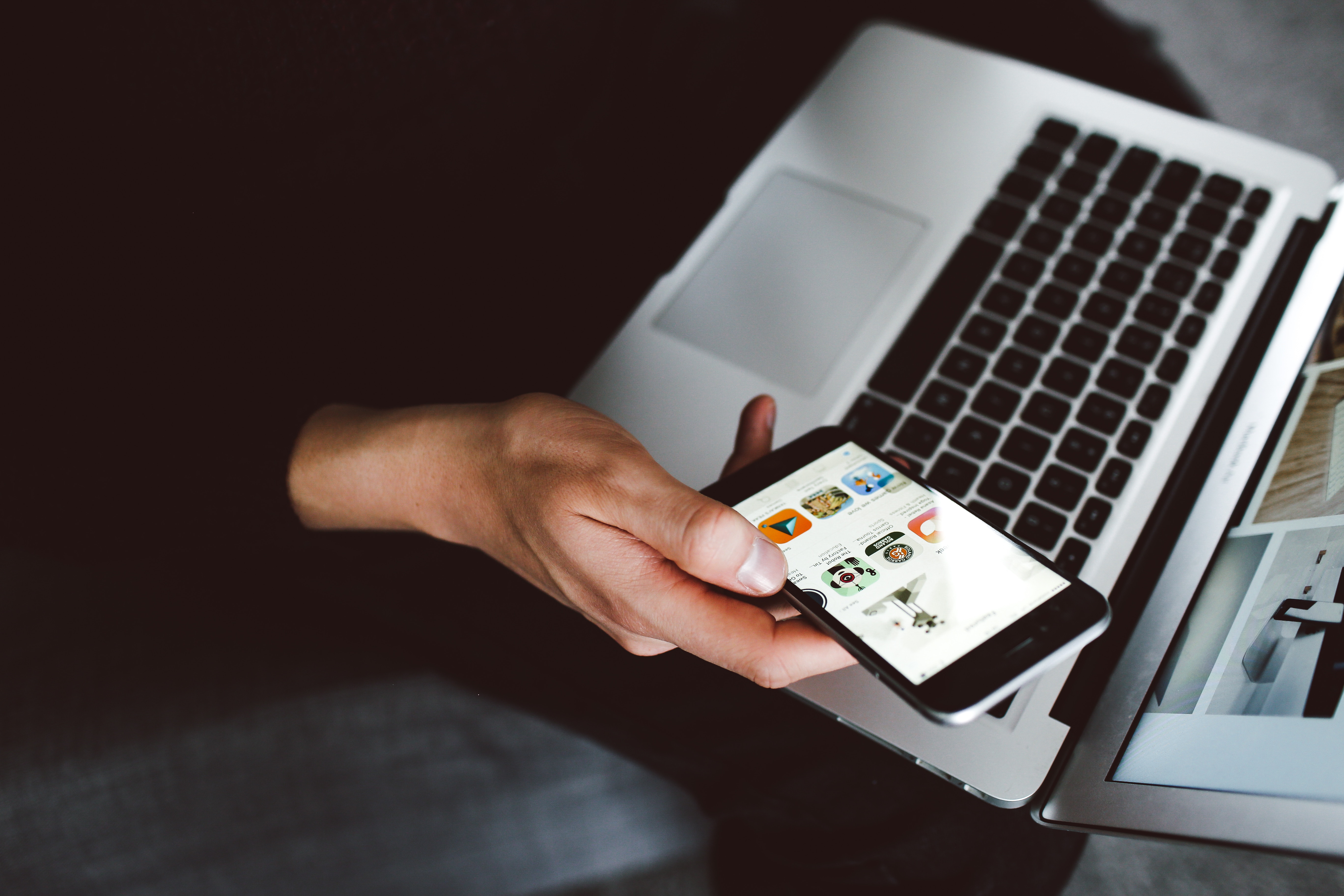
Vacation is defined in the Merriam Webster dictionary as ‘a period of rest or suspension from work, study or another activity’—and yet, if you’re like the average American, you’ve likely worked during scheduled time off.
One study found that working on your trip for just one hour a day can erase the memory of your holiday, while the benefits of taking a real, relaxing vacation actually increases productivity.
The digital era has made it easier than ever to multitask. Perhaps you’re reading this article at work right now, with another tab open planning your next escape, Slack notifications popping up, and your free hand absentmindedly scrolling through Instagram.
Splitting our attention between technology, work, and social media leads unproductive days, perhaps causing us to overwork and not even take breaks: last year alone, 52% of Americans left unused vacation on the table. But here is some hope: Americans, at least, are getting better at taking vacation.

While the 2018 State of American Vacation does show that Americans used
nearly a half-day more of vacation than the previous year, it’s still important that these vacation days are true days off.
Despite the fact that paid vacation time is the second-most important benefit to employees after health care, “more than six-in-ten (62%) say their company discourages, sends mixed messages, or says nothing about vacation time.”
Unfortunately, this ambivalence towards vacation often causes those who want to take their deserved time off feel guilty for doing so. This results in the ‘great spillover effect’, or mixing work and leisure, creating a culture of people who then (ironically) work during a vacation.
As the weather warms up, be sure to schedule some off-time. Still not convinced? Find some motivation from the Medieval Peasants who enjoyed more time off than the average American.
